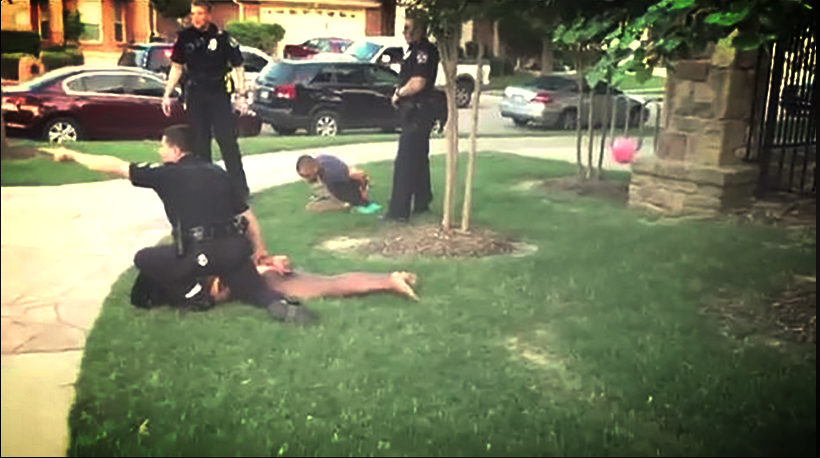Today my friend Jahana Hayes of Connecticut was named the 2016 National Teacher of the Year. If you’re disappointed on my behalf, you shouldn’t be. I am happy for her and think she will be an ideal ambassador for the profession. From the moment I met her and the other two finalists in San Antonio, Daniel, and Shawn, I’ve had peace about the process. I knew that no matter who was selected, the profession would be well represented. They’re amazing pedagogues and even better people.
I have been so blessed this past year. I’ve had at least ten once-in-a-lifetime opportunities and my amazingly supportive wife has been side-by-side with me, every step along the way. I mean come on….
Went to the Women’s World Cup in Vancouver
Took my dad to the US Open
Traveled in Hong Kong and taught in Chengdu, China
Hosted the President of China in my classroom
Named 2016 Washington State Teacher of the Year
Addressed the Washington State House and State Board of Education on teacher quality and the impact of chronic under-funding
Traveled to Oakland, Denver, New Orleans, and Washington DC to speak and advocate about ed policy issues
Wrote a blog post, discussing the cruel reality of education inequity, that earned 1,000,000 clicks and was republished in several major news outlets
Threw out the first pitch at a Mariner's game
Invited to speak at Harvard Graduate School of Education
….And next week I will shake hands with the first black President of the United States, in the Oval Office, in the final year of his presidency
I feel guilty even typing all that. I am not sad; I am not disappointed and you shouldn’t be sad for me either. I am reminded of an old gospel song, called I Won’t Complain. When I was young, Reverend Banks would belt it out whenever the opportunity arose. It is permanently in my head. When I close my eyes, I can see him getting choked up and reaching for his handkerchief to wipe his brow and tears:
God's been so good to me,
The Lord has been so good to me,
More than this old world,
Or you could ever be.
The Lord has been so good to me,
And He dried my tears away,
And He turn all my midnights into days,
So I'll say thank you Lord,
I just say thank you Lord,
I'll just say thank you Lord,
I won't complain.
Next year I am going to be right where I belong and I couldn't be happier. I love standing in front of a class and seeing them start to drift and then switching up the lesson with an anecdote or a provocative question that sets the room ablaze. I love everything about the job (except the pay, meetings and grading) and will continue to be a blunt advocate for my students and the profession, in Washington State and beyond.
The National Teacher of the Year is released from their classroom for a full year and tours the country, speaking at various events to "stakeholders." Honestly, that idea has made me queasy from the moment it was explained to me.
I am good where I am at.
My place is on the Eastside of Tacoma. My place is at Lincoln High School. My place is in room #306. My place is wearing a cardigan, rapping with my kids about Iron Triangles, federalism and the enumerated powers of Congress. My place is helping kids fill out FAFSAs and challenging them to be better people and work harder.
Onward.


